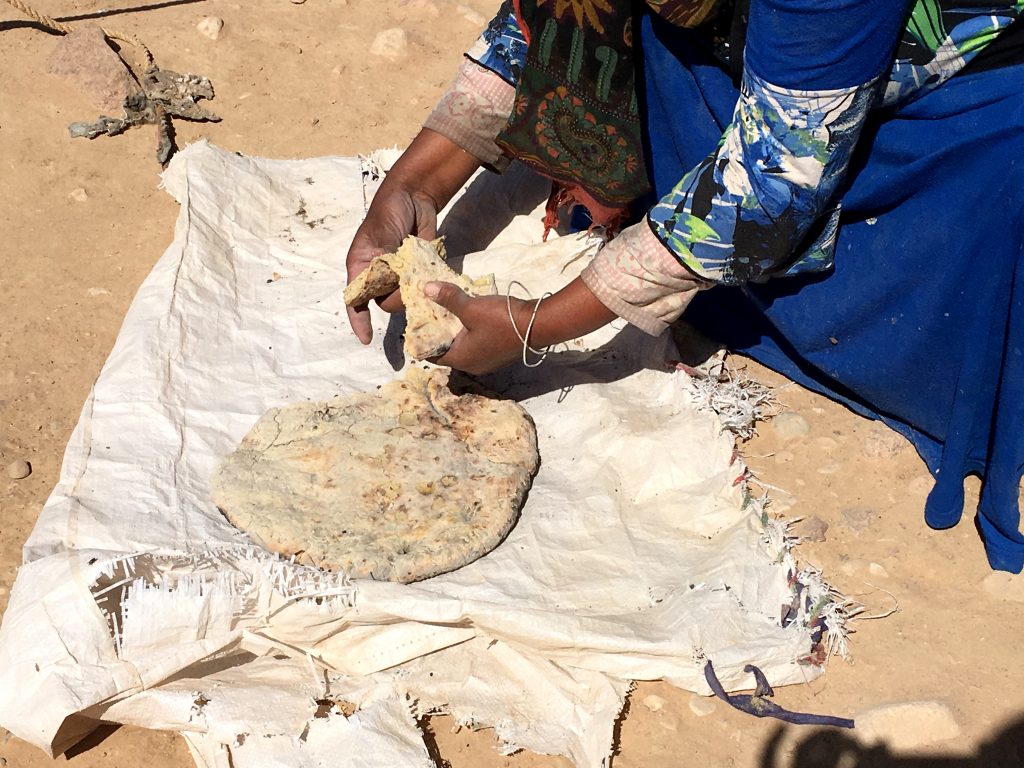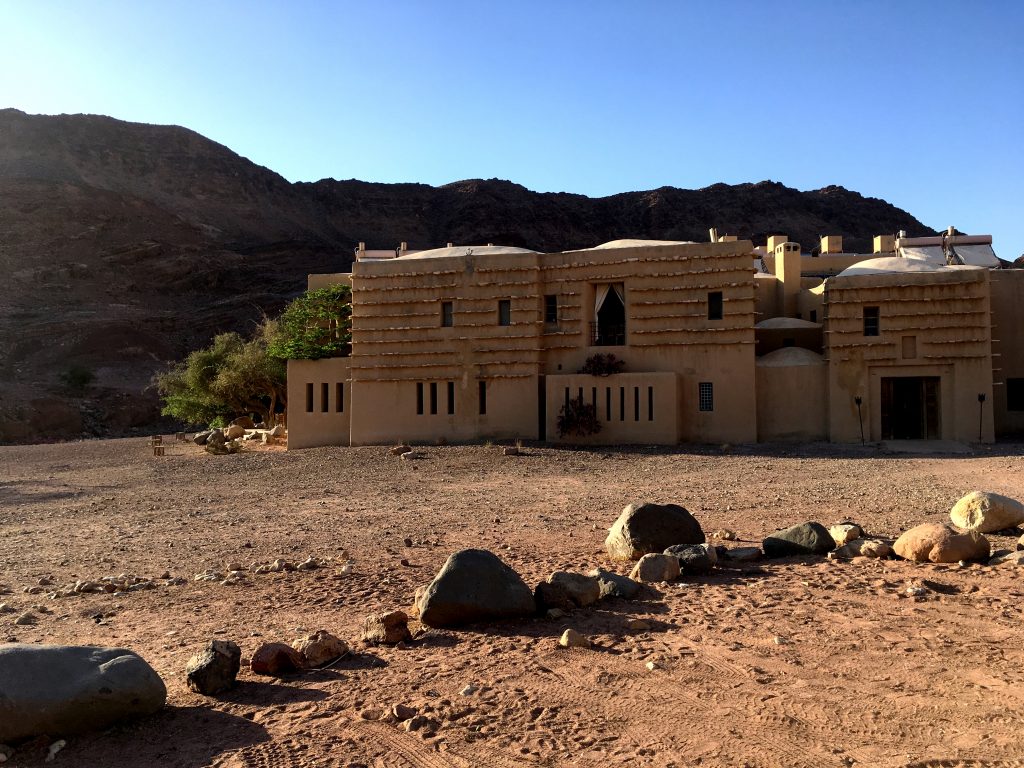With footprints all over the globe, adventure travel companies have the opportunity to make a lasting, positive impact in the communities within which they operate. But what exactly does that mean, and what is the right way to do it?

At the recent AdventureNEXT Near East event, five industry leaders discussed this very topic, offering insights into how their companies have committed to sustainable tourism practices and what they’ve learned along the way. Though many of their observations are based on experiences from the Near East, their advice is universal. This makes sense because sustainable tourism is built from the root of the host community. It requires communication, transparency, flexibility, and patience — characteristics that are essential for success regardless of where in the world a adventure travel business operates.
The World Tourism Organization defines sustainable tourism as “tourism that takes full account of its current and future economic, social, and environmental impacts, addressing the needs of visitors, the industry, the environment, and host communities.” It should make optimal use of environmental resources and help conserve natural heritage and biodiversity, respect socio-cultural authenticity of host communities, and ensure viable, long-term socio-economic benefits including stable employment and income-earning opportunities to host communities.
This may sound like an overwhelming, multi-faceted order, but with a commitment to sustainable tourism from the onset, tour companies can achieve success in a win-win situation for both the local community and travelers. In developing a sustainable tourism business strategy, panelists at AdventureNEXT Near East universally agreed that establishing community partnerships from the very beginning was essential. “You need to plan with the local community,” said George Rishmawi, executive director of Masar Ibrahim Al Khalil, a hiking trail that traverses the West Bank of Palestine. “The sense of ownership is very important.”
This point was underscored by Keith Sproule, executive director of Abercrombie & Kent Philanthropy, an organization that has collected and shipped hundreds of bikes to communities in need, and then trained locals on how to fix them and operate bicycle shops. In deciding who should receive the benefit of training for this project, Sproule noted the importance of determining who was trustworthy and had good standing in the community. “In almost all our projects we only hired women,” he said. “They understood how important this was and were committed to making it work.”

This is in contrast to what often happens with Western tourists who want to “help” local communities they visit by bringing goods in from somewhere else without any purpose or plan beyond material charity. Such an act, though often done with good intention, leads locals to associate Westerners with the stuff they bring with them when they visit. Perhaps more importantly, it does not take into consideration a community’s long-term desires or needs and is, ultimately, unsustainable.
Building on this point, industry professionals need to note the idea behind sustainable tourism is the point of sustainability — these initiatives should not be one-and-done projects, and the business strategy behind them should take a long-term view. “Work with humility, and don’t be afraid to say no,” advised Muna Haddad, managing director and president of BARAKA/Jordan Trail Association. “Be true to the values and vision of the project.”
Fenyan Ecolodge, the first and only ecolodge in Jordan, is a prime example of sustainable tourism in practice. It is completely off the grid and built on four principles: offer unique, authentic experiences; contribute to conservation; benefit local communities; and have the least amount of impact on the environment as possible. All employees, including part-time drivers, are locals. Additionally, 55 percent of income goes straight to the community, and 100 percent of the income stays in Jordan. Nabil Tarazi, owner of EcoHotels, emphasized the importance of commitment to the local community in order to successfully execute sustainable practices. “Do not underestimate the value that comes from the local community,” he said. “If they feel they have a stake, they will give so much more.”
There’s no doubt about it: This can be a slow, calculated process, but building rapport and trust, and investing time and effort to learn about cultural nuances and norms, local traditions, and community concerns and needs, builds the foundation for a successful sustainable tourism strategy. “It takes time,” Rishmawi said, noting the importance of achieving sustainability on the community-level and with local stakeholders before reaching out for international tourism. “Development is a slow process.”
